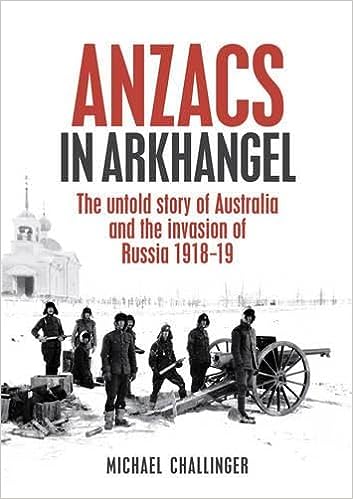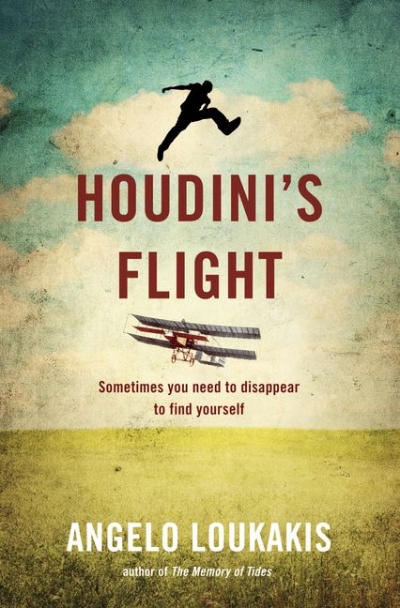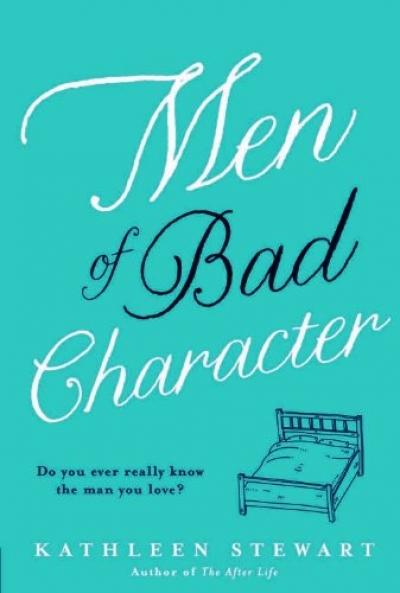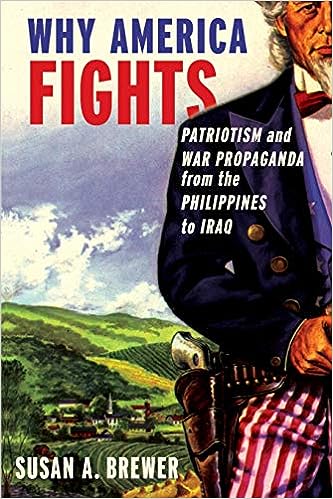A discussion of the outstanding albums of the 1980s might begin with the Shanachie label’s Mbaqanga compilation The Indestructible Beat of Soweto, 4AD’s Le Mystère des Voix Bulgares by the Bulgarian State Radio and Television Female Choir, and American Clavé’s Tango: Zero Hour by Astor Piazzolla (all 1986), three signal moments in the packaging of global music for Western sensibilities. One could go on to cite such landmarks as Brian Eno’s On Land (1982), Arvo Pärt’s Tabula Rasa (1984) and John Zorn’s Spillane (1987). Add to these Joy Divison’s Closer (1980), Gang of Four’s Solid Gold (1981), Minutemen’s Double Nickels on the Dime (1984), and the decade is beginning to look superior. Australia, too, produced various near-perfect LPs – the likes of Mr Uddich Schmuddich Goes to Town by Laughing Clowns (1982), Born Sandy Devotional by the Triffids, Liberty Belle and the Black Diamond Express by The Go-Betweens, Free Dirt by Died Pretty (all 1986), Cold and the Crackle by Not Drowning Waving (1987) and Tender Prey by Nick Cave and the Bad Seeds (1988) while New Zealand’s The Chills deserve a mention, courtesy of their Brave Words (1987). To this fledgling list, author Jeff Apter would presumably demand the addition of True Colours (1980) and Time and Tide (1982) by Split Enz, as well as Crowded House’s self-titled début (1986) and Temple of Low Men (1988), each of which is accorded canonical status in Together Alone, his new biography of Tim and Neil Finn. This ought to be a matter of personal taste buttressed by (in the appropriate forum, such as a book like this) robust argument, but there is precious little of the latter in Together Alone. Critical analysis is promised but not delivered. Instead, readers are left to trawl through a skip-load of secondary material, including snatches from the omnipresent Glenn A. Baker and one-too-many customers at Amazon.com, in order to learn what supposedly makes this music definitive.
...
(read more)










